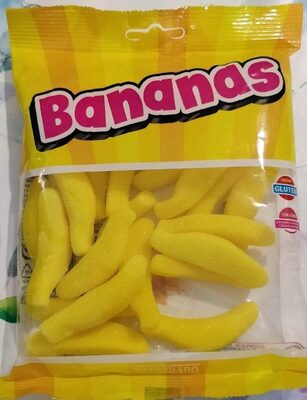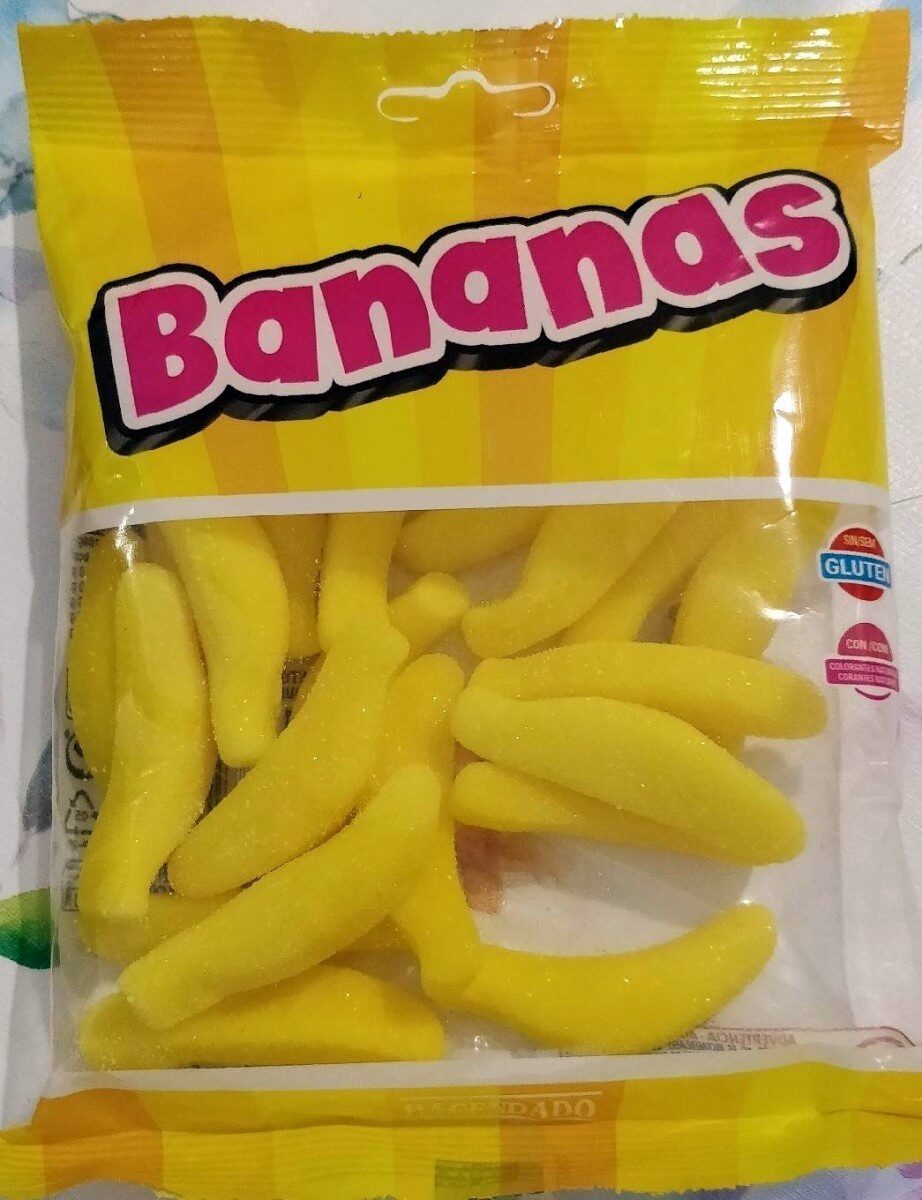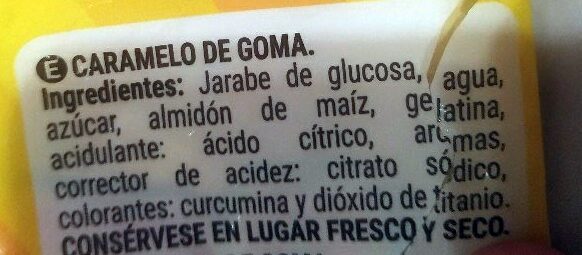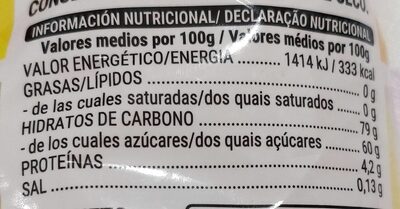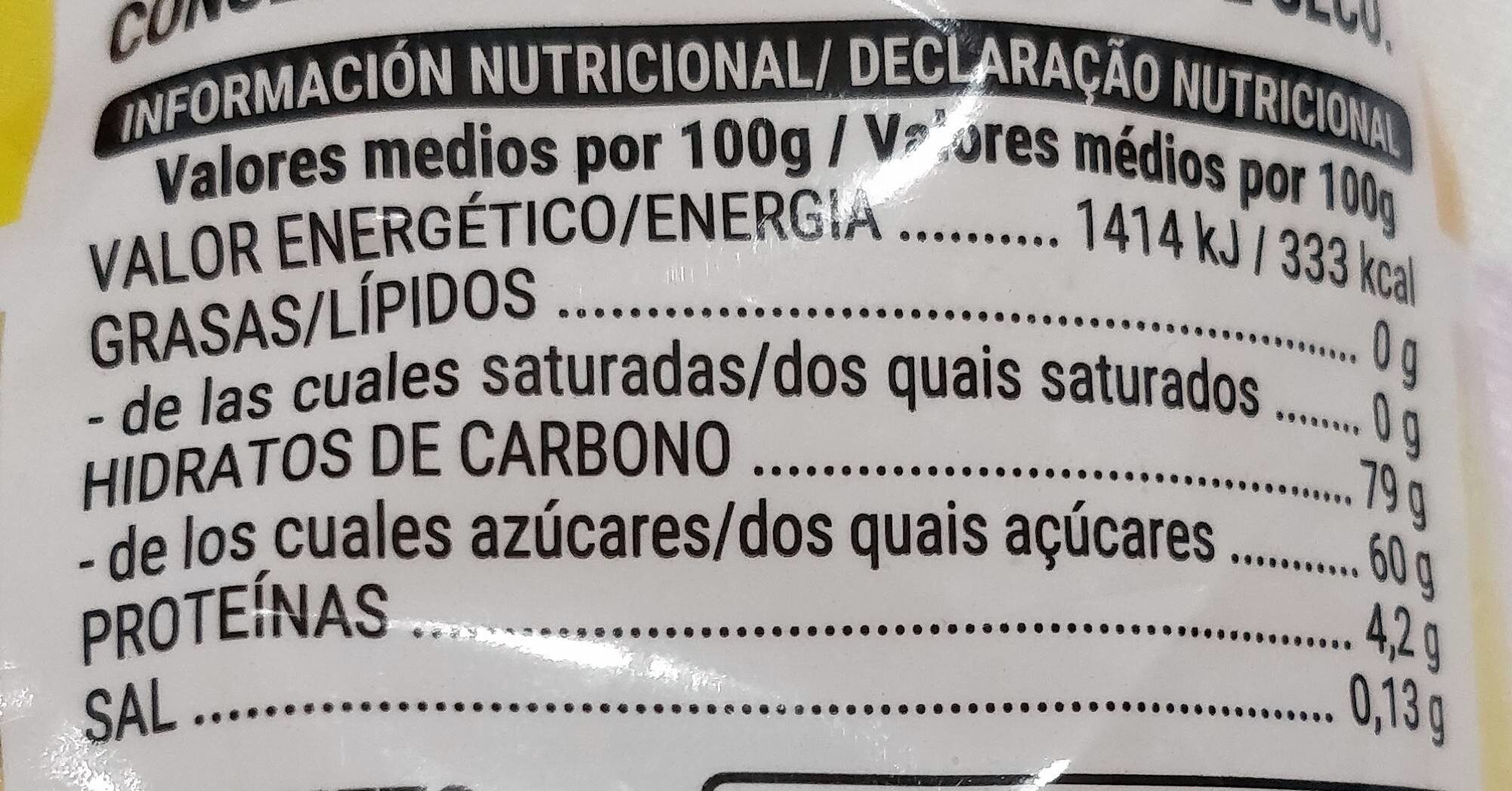Bananas - Hacendado - 200 g
Aquesta pàgina del producte no està completa. Podeu ajudar a completar-la editant-la i afegint-hi més dades a partir de les fotos ja disponibles, o fent-ne més amb l'aplicació de androide o iPhone / iPad. Gràcies!
×
Codi de barres: 8480000650979 (EAN / EAN-13)
Nom comú: Caramelo de goma
Quantitat: 200 g
Empaquetament: Plàstic, en:pp-polypropylene, es:Green dot
Marques: Hacendado
Categories: Snacks, Aperitius dolços, Llaminadures, Caramels, Caramels gelificats, en:Gummy bananas
Etiquetes, certificacions, premis:
Lliure de gluten, No recomanat a persones específiques, Punt verd, No recomanat per infants menors de 3 anys
Botigues: Mercadona
Països on es va vendre: Espanya
Matching with your preferences
Entorn
Petjada de carboni
Empaquetament
Transport
Report a problem
Fonts de dades
Producte afegit per elcoco
Última modificació de la pàgina del producte per packbot.
La pàgina del producte, també editada per alia, halal-app-chakib, kiliweb, yuka.sY2b0xO6T85zoF3NwEKvlhFradXAnhnBbi7ulUuQ-8uJfsD5UPBdv4zbE6s.
